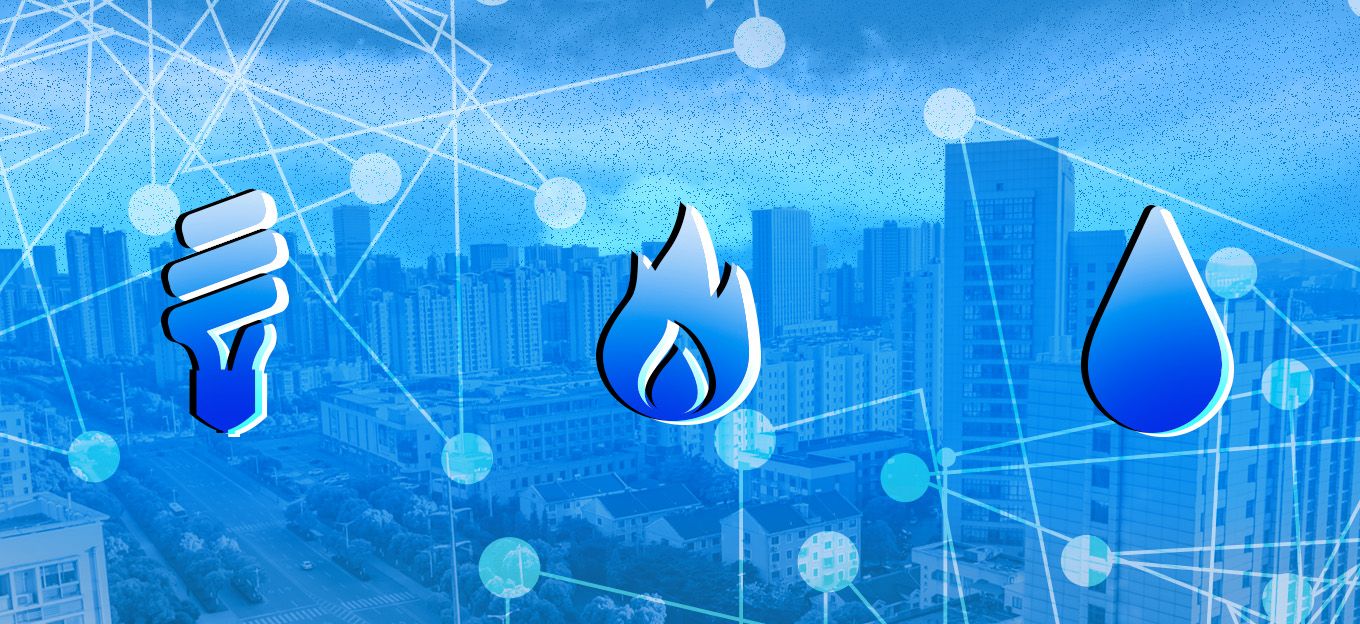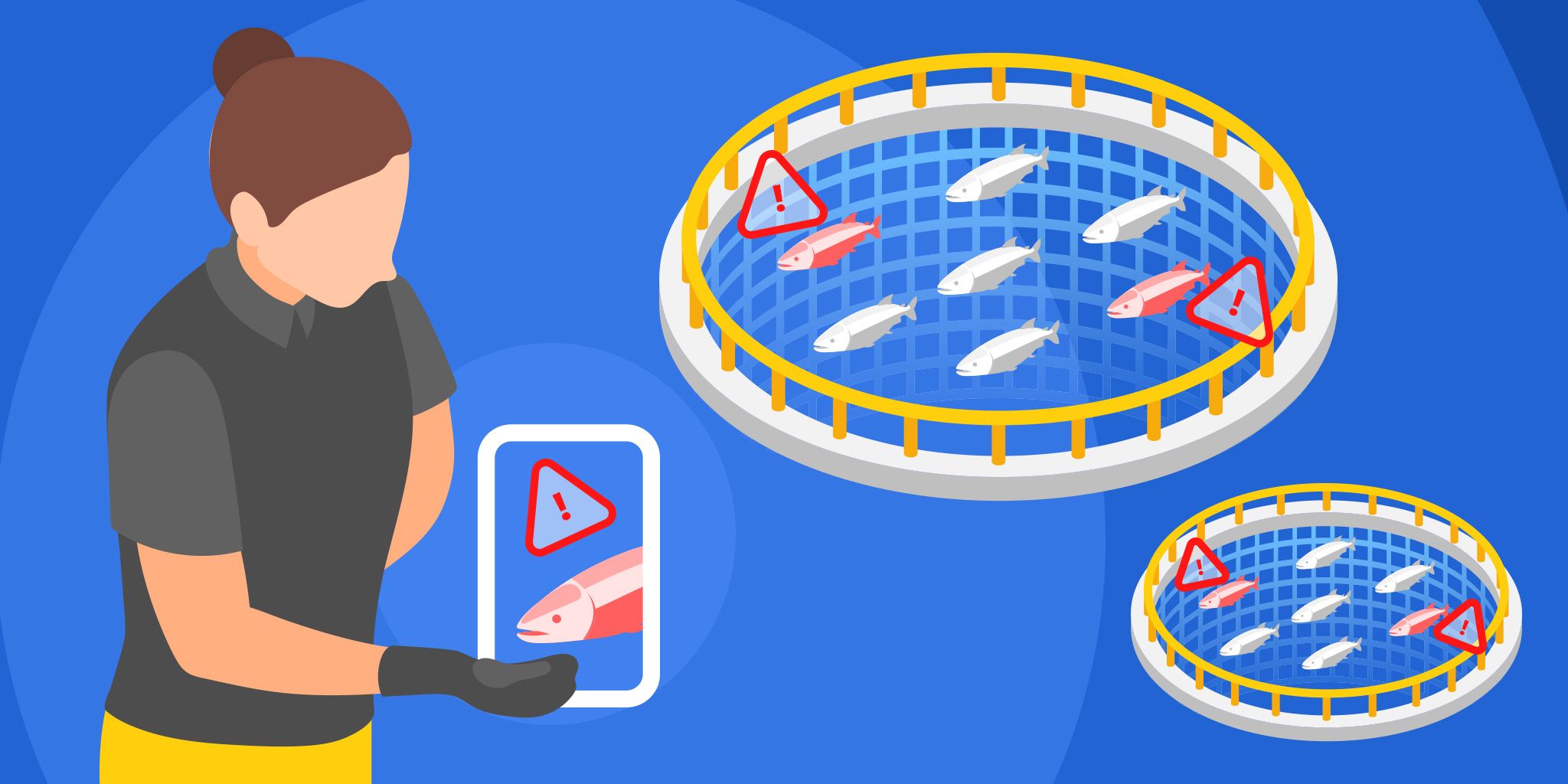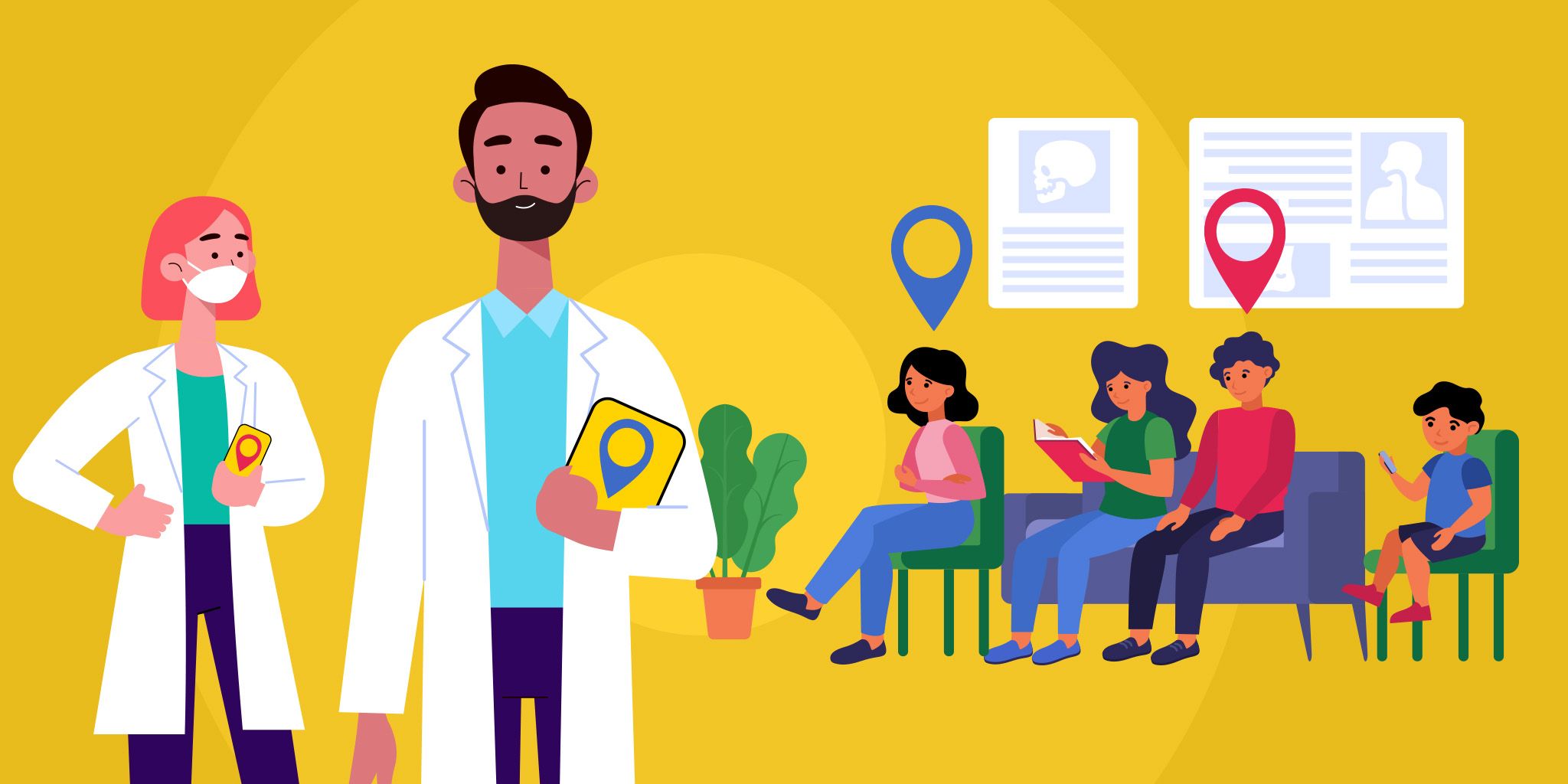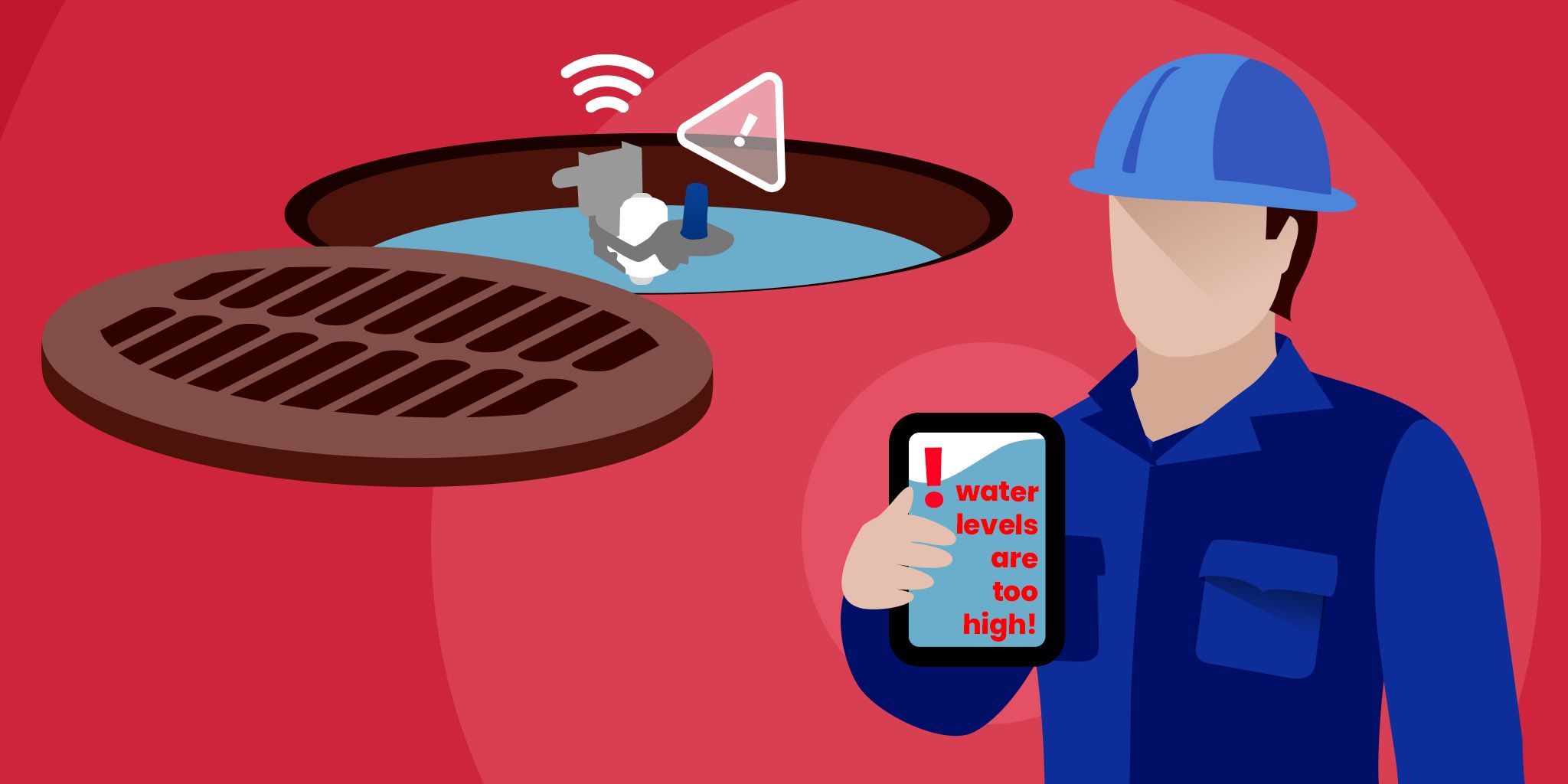Optimizing Farming Practices with IoT
Optimizing Farming Practices with IoT
- Last Updated: December 2, 2024
melita.io
- Last Updated: December 2, 2024



As the world population continues to grow, it is imperative to strike a balance between meeting the increasing demand for food and conserving and preserving natural resources. Sustainable and smart farming practices are crucial in achieving this balance as they prioritize maximizing productivity while minimizing negative environmental impacts. These practices also prioritize animal welfare, social equity, and economic viability, making them a holistic solution for promoting sustainable agriculture.
Smart Farming Practices Boost Sustainability
To achieve sustainable agriculture, farmers can adopt practices such as crop rotation, IoT-enabled livestock management, integrated pest management, and the use of cover crops. These practices help improve soil health, reduce erosion, and decrease the use of harmful chemicals. Consumers also play an important role in promoting sustainable agriculture by choosing products from farms that prioritize sustainable practices and animal welfare.
"To achieve sustainable agriculture, farmers can adopt practices such as crop rotation, IoT-enabled livestock management, integrated pest management, and the use of cover crops."
Smart Agriculture with IoT
By utilizing a LoRaWAN or Narrowband (NB-IoT) network to connect and transmit data from smart IoT sensors and devices, farmers can remotely gather priceless farming analytics from their farms. This real-time data can provide valuable insights into the health, behavior, and performance of their livestock.
By placing IoT devices and IoT sensors on individual animals or in their living environment, farmers receive real-time data on factors such as body temperature, activity levels, and feeding behavior. This information from this livestock monitoring can then be used to identify potential health problems before they become serious or to optimize feeding and nutrition plans for each animal.
Livestock Tracking and Monitoring
In addition to individual livestock tracking, IoT technology can also be used to monitor herd health. For example, sensors can be placed in water troughs to monitor water consumption, which can be an early indicator of disease in a herd. This can help farmers take action quickly to prevent the spread of disease and reduce the overall impact on their operation.
Such machine-to-machine (M2M) communication and solutions enable real-time alerts that can help farmers identify potential health issues or emergencies, allowing for timely intervention and reducing the risk of losses. The data collected can also help farmers make informed decisions about the use of resources such as feed and water, ensuring that their livestock is getting the right amount of nutrients and minimizing waste.
Smart agriculture also enables the automating of certain functions, such as lighting and temperature control which can also help improve animal welfare and reduce stress. For example, automated lighting can help regulate the circadian rhythm of chickens, leading to better egg production. Meanwhile, automated temperature control can help prevent heat stress in animals during hot weather.
By optimizing farm operations using IoT technology, farmers can increase efficiency and productivity while reducing costs. This, in turn, can lead to higher-quality products, more satisfied consumers who are increasingly concerned with animal welfare, and a more environmentally sustainable approach to farming. The use of IoT technology in livestock farming also helps farmers optimize their operations, reduce the risk of disease outbreaks, cut costs, and improve animal welfare, ultimately leading to more sustainable and profitable farming practices.
The Most Comprehensive IoT Newsletter for Enterprises
Showcasing the highest-quality content, resources, news, and insights from the world of the Internet of Things. Subscribe to remain informed and up-to-date.
New Podcast Episode

IoT in 2026: Trends and Predictions
Related Articles





